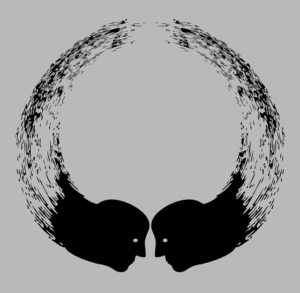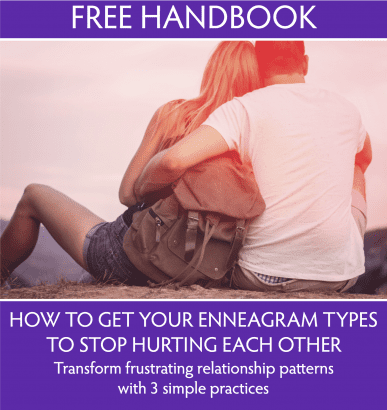Have you ever had someone come up to you and tell you what they think your type is? Are you more annoyed if they are right or if they are wrong?
Every time I teach the Enneagram, I try to convey the importance of how we bring this potent learning into our lives. I offer the following five recommendations for how to use the Enneagram in the ways that are most likely to support growth and inspiration.
However, people are not always able to follow these suggestions, which I think is due to a few different factors. First, the Enneagram can be so compelling and can explain so much, that we want to “share the wealth” with others right away and help them see the light. Secondly, when we learn a new paradigm or skill, we are primed to want to apply it everywhere. This is part of learning, and can be really helpful in reinforcing new awareness. And, without care, it can feel like insulting stereotyping to those around us.
Any powerful tool, when used disrespectfully, can cause harm.
Please consider the following principles in using the Enneagram:
- The best use of the Enneagram is to use it on yourself. Use it to notice (rather than to praise or condemn) your patterns and your point-bias by developing your inner observer. Use it to separate from your certainty about “your way.” Use it to notice when your habit of attention seems especially apt, as well as when it may be not as effective. These practices will bring the capacity for conscious conduct.
- Please allow others to type themselves. But don’t make anyone type themselves. If you have feedback for others interested in typing themselves about how you see them, politely ask whether they would like your feedback. If you give it, speak from your own experience, e.g. “When you take the reins, I feel really secure.” or “Sometimes I experience your thoughtfulness as coldness.” Ask how it is for them to hear your input.
- When using the Enneagram to explore interactions with others, lead with curiosity about what it’s really like to be them. Most people hate to be categorized by others, but appreciate wanting to be understood.
- Be wary of stereotyping. All nine energies add valuable perspective and skills to a group. Yet, some types are more classically seen as the ideal employee or manager. Our types don’t determine our performance, our level of healthy functioning does. Knowing that coworkers know your type can feel uncomfortable. Please don’t be cavalier in talking about others’ types. The idea is to inhabit your type effectively, not to increasingly identify with it, so this includes not stereotyping yourself! It’s a structure you live with and in, but it is not you. You are much more than your type. If someone speaks of you or your type in a way you find disrespectful, please let them know how you’d like them to speak about it with you.
- Don’t try to shine up your type. Since the Enneagram illuminates healthy as well as unhealthy patterns in each type, there can be a temptation to want to make the “bad” stuff go away. This simply doesn’t work very well. The best approach is to develop your inner observer, to know when to ask for support, and to know how others with your type find ways to manage predictable difficulties.
Have you experienced the presence or absence of these principles in your interactions? Please share below.
Which are hardest to follow and why?







2 Responses
A wonderful post Sarah. I have always though its best to limit “enneagram talk” to the proper setting such as when people explicitly gather to do so. Casual enneagram talk (among a mix of enthusiasts and skeptics) can be a turn off for many and lead to the false impression that the enneagram is about superficial traits rather than core energy. Love your work.
Thanks Maureen. The “false impression that the enneagram is about superficial traits” actually can cause my heart to sink. And yet, it is an initial way of feeling our way toward something deeper waiting there.